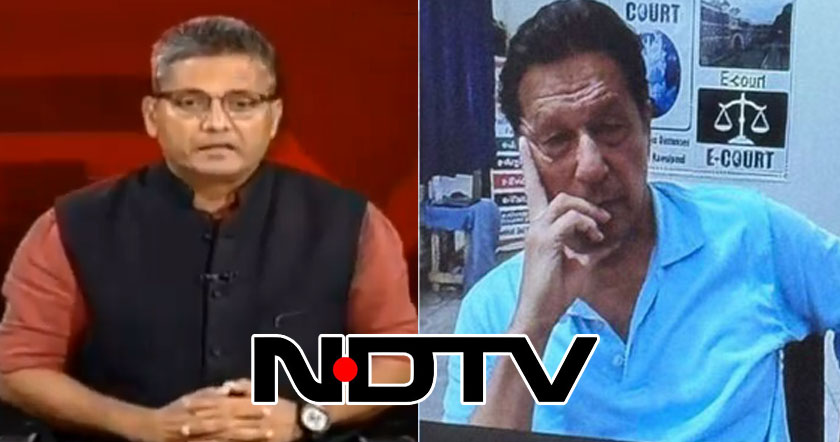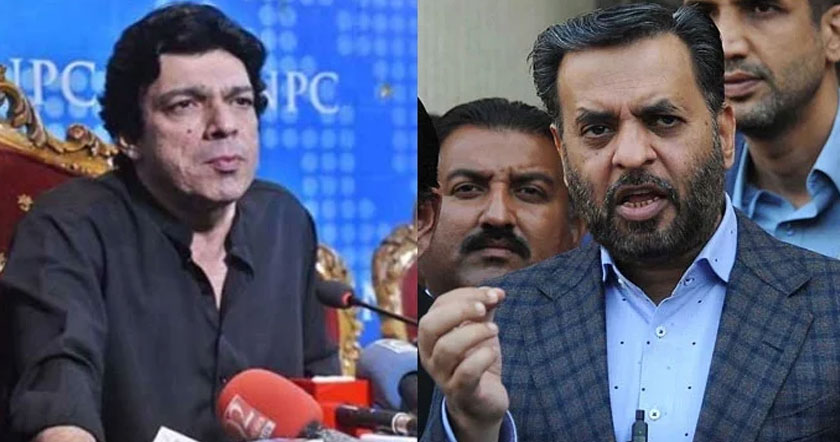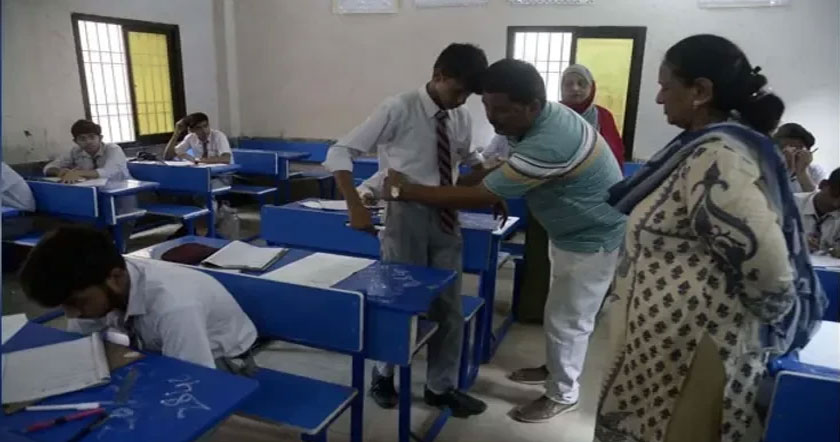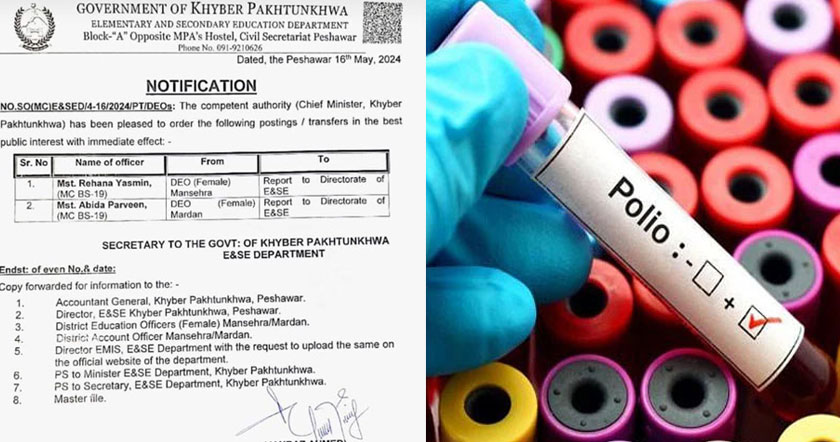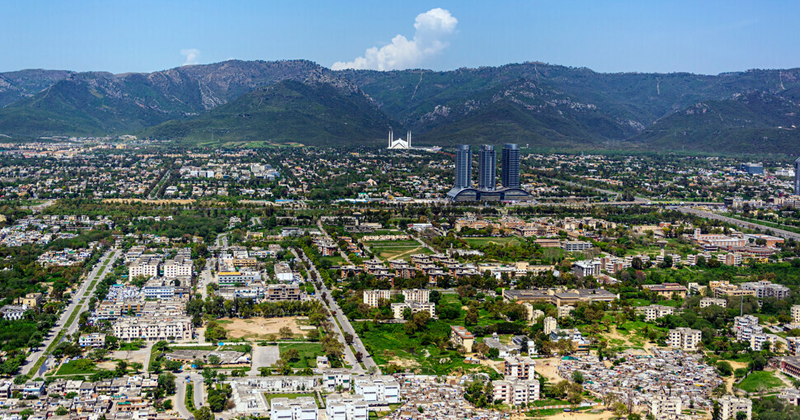
When the warrior marshalled his troops to fight like they had never before
It's the summer of 1982. Pakistan are playing England at Headingley, in the series decider. They could have won at Edgbaston but the final day is my first taste of Pakistan's difficulties in chasing a fourth-innings total - two wickets lost before a run is scored. Unpredictable Pakistan? You bet.
This is followed by an uplifting historic first win at Lord's, where Mohsin "The Eagle" soars and Mudassar "Mud" Nazar turns in his most memorable performance for Pakistan - as a medium-pacer. This is the awakening, Pakistan cricket battling on equal terms with their former imperial master.
Headingley, all overhead cloud and seam movement, is a ground that doesn't inspire confidence in our team. England are favourites, especially as Pakistan's injury list means "Halwai" Ehteshamuddin has been drafted in from the Bolton League as third seamer. There is a subplot - the battle to be recognised as the world's No. 1 allrounder: Imran v Botham on show, with Kapil Dev and Richard Hadlee in the wings.
It's the school holidays, and I'm young enough and local enough to attend all five days, and I do. I'm mesmerised from the first minute, even though the highest total in the match is only 275. It is a classic Headingley wicket and every run is a minor triumph. Pakistan take a first-innings lead, with captain Imran Khan top-scoring and then taking five wickets. Imran's expert marshalling of the tail to rescue Pakistan's innings is as enjoyable as his sprinting, leaping fast bowling. I see Botham, Gower, Willis, Gatting, Miandad, Zaheer, Majid, and Qadir, some of the greatest cricketers in history, and it feels special.
The second innings is a real struggle for Pakistan, Mohsin and Mudassar fall to Willis without a run on the board. At a moment of crisis Javed flashes a breathtaking, almost reckless fifty, before Imran is again left with the tail to set England a worthy target. He battles every inch, judiciously switching between defence and attack, ordering his tailenders how to approach each ball. Nor does Imran shirk any challenge. He wants to face every ball and does his utmost to protect his partner.
It is Imran against the English, a warrior standing alone to defend his nation. And Imran is winning, the target creeping above 200, until umpire David Constant intervenes. Sikander Bakht, Pakistan's matchstick fast bowler, has valiantly supported his captain with 7 off 47, but Constant gives him out caught off his pad to Vic Marks. It is a decision that any member of the crowd can instantly judge is incorrect. Sikander is stunned, Imran fuming under his helmet, Pakistan's rally undone by treachery, their supporters incandescent in the stadium.
The Halwai is helped on to the pitch; his 14 overs in the first innings and third-ball duck have earned him a pulled muscle. Imran knows he has run out of time and quickly falls to Botham. He marches off, head held high, with no acknowledgment to Ehtesham, who has to be carried off the pitch. A moment of comedy to break the tension.
Pakistan lose by three wickets, but they have fought like we've never seen them before. It is a moment of pride. Imran has shown Pakistan cricket a new way, the way of the warrior. The series, to my mind, is the turning point in Pakistan's cricket history. There is no looking back from here.
Those feelings are still with me now. The tension of the five days, the injustice and anger of Sikander's dismissal, the thrill of Miandad's innings, the expectation of each one of Qadir's deliveries, and above all the pride of watching Imran's fearless leadership. I know I've witnessed something special in these five days but how could I know what would follow in the next three decades?
















